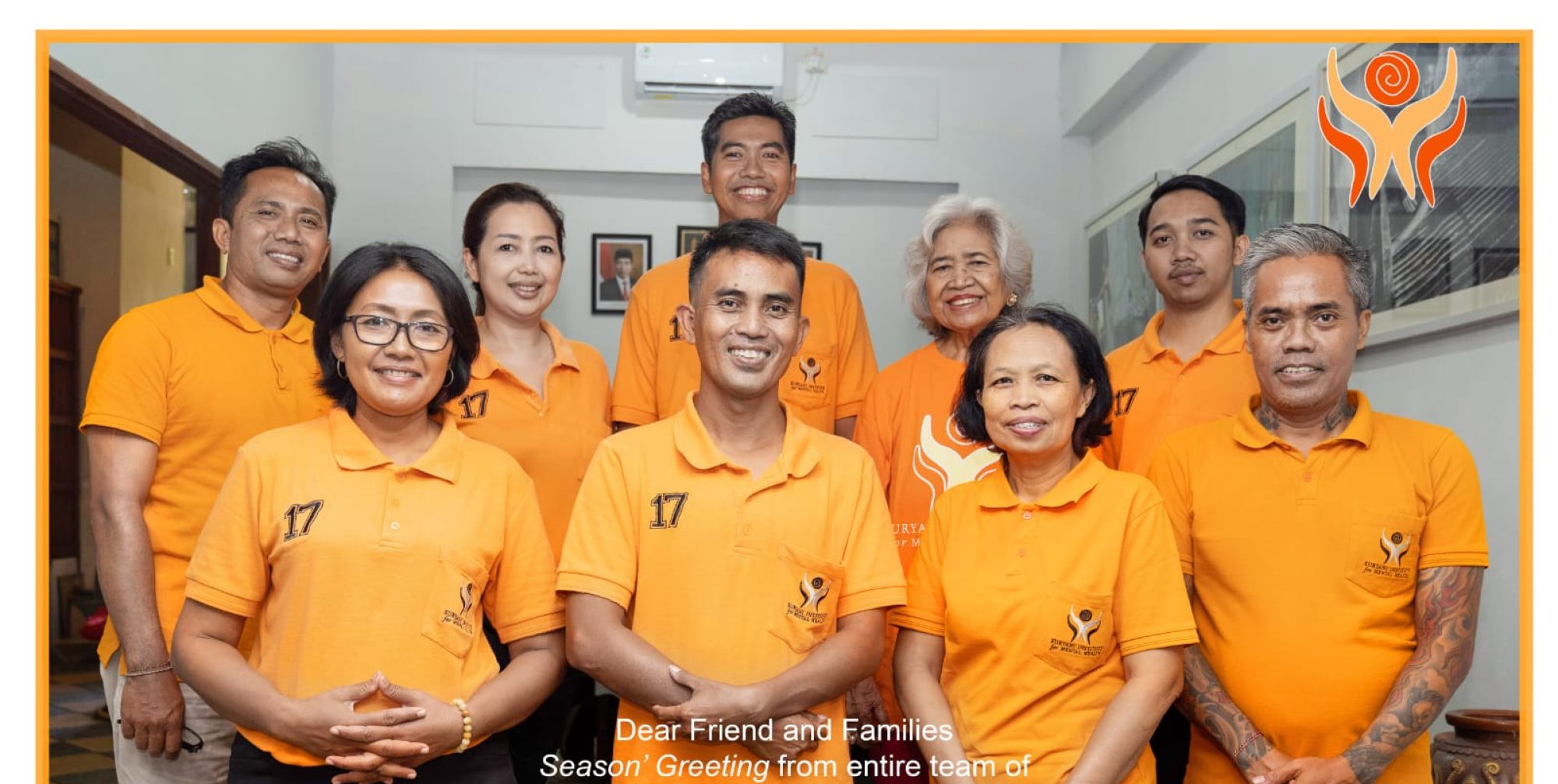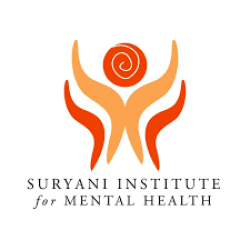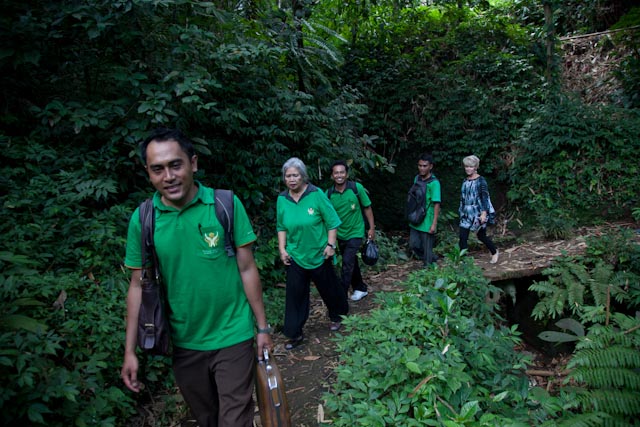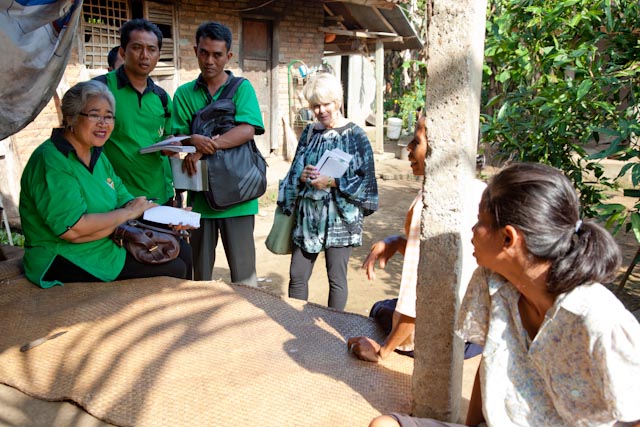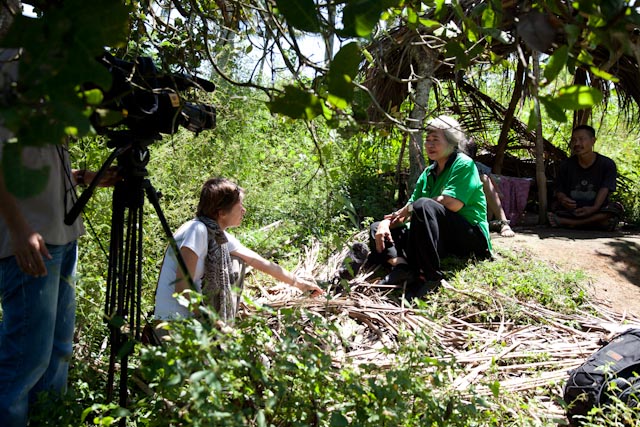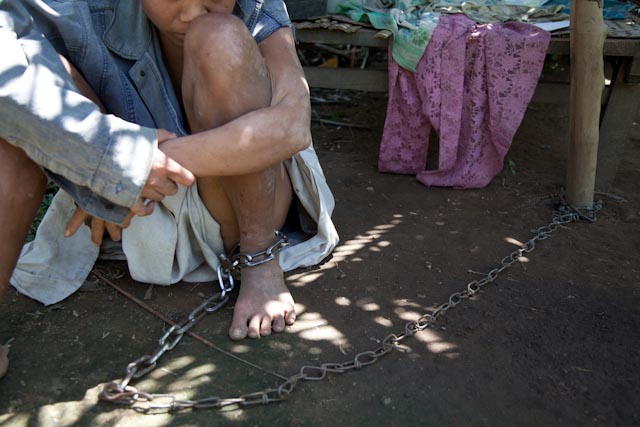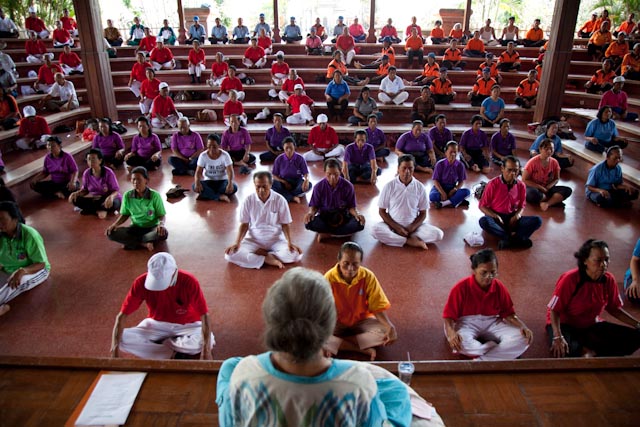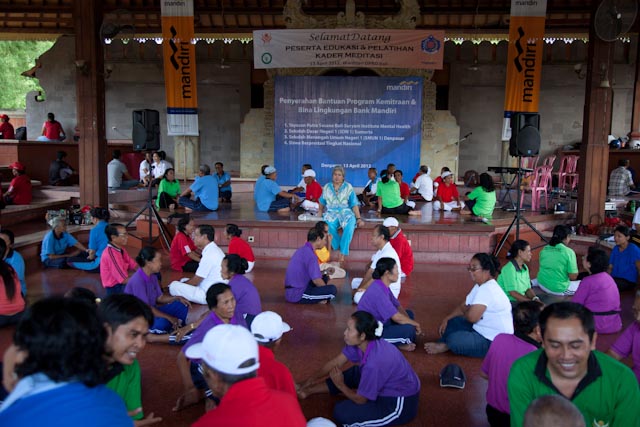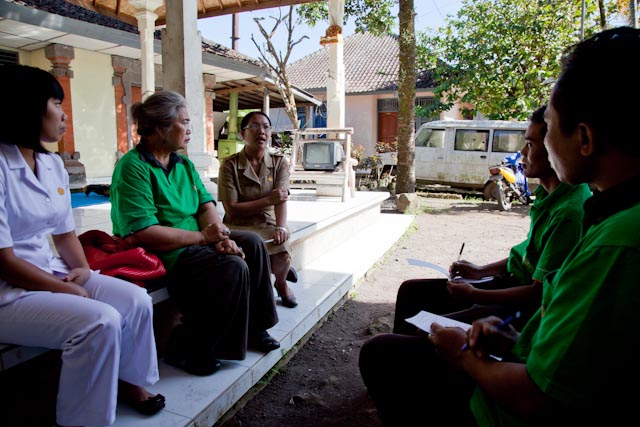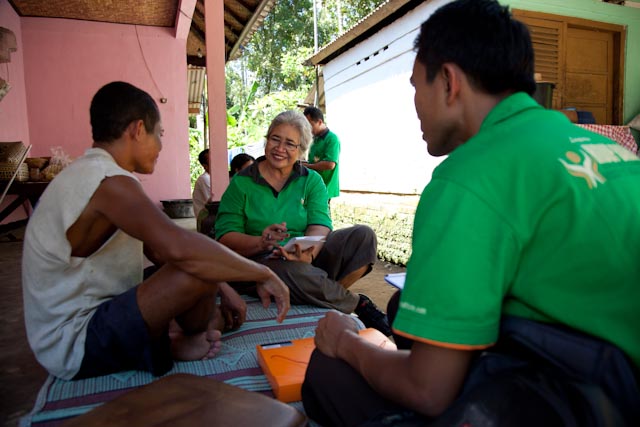Health care system can be defined as comprising all the organizations, institutions and resources that are directed to producing health action. Improving health means to improve people’s physical, social and mental well being. Unfortunately this condition is far from being happening in Bali, the island with rain of dollars and many expatriates try to dig their fortune and use for their own good.
“If disease is an expression of individual life under unfavoralbe condition, then what happening here in Bali is indicative of mass ignorance from government and society in creating better mental health situation”, said Professor Suzanne Wells from Edison State Collage, Florida, USA during her visit to community with Professor Luh Ketut Suryani as the founder and director of Suryani Institute. As Professor Wells travels more than 36 hours from convinient country, she is not in Kansas anymore when seeing the reality of the island of Gods.
“The goodness of a health care system is measured by the output indicators of the various fields of action or all health action taken together, but not by seperating someone health from their physical and mental status” add Professor Wells full with despair. When most tourist that come to Bali try to get benefit from their own good, none of them willing to step in helping the unfortunate people with mental disorders and left untreated in community.
